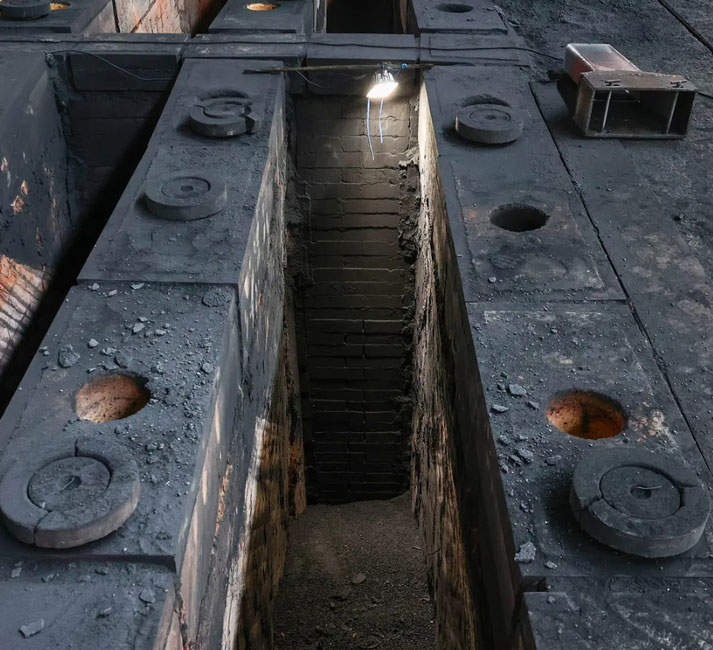
Steel production is a difficult process that consumes a lot of energy. This energy must be obtained efficiently to ensure consistent and reliable production. Petroleum Coke as a fuel source is one way of achieving this goal. This byproduct of crude oil refining is a black solid organic material that has numerous uses. Its high carbon content makes it useful for electricity generation, as well as cement manufacture. Also, it is used to make carbon anodes in the aluminum industry as well graphite electrodes. Petrol coke is very low in sulfur and nitrogen, compared to coal.
Petroleum coke is produced by a series of thermal processes during crude oil refining. This produces coke which is similar to coal but has more desirable properties. It is lower in sulfur and volatiles than coal, contains less ash, has a smaller ash content and contains much less nickel and vanadium. In addition, it has significantly lower concentrations of mercury, due to the thermal processes that form it.
It can also be used to fuel solid-fuel power plant boilers like the conventional cyclone, fluidized beds, PC boilers and fluidized bed boilers. It can be burnt on its own as well as mixed with coal in order to blend it. It's also used in some applications in place of natural gas. This is done because the combustion of petroleum coke has a better carbon content than natural gas and lower sulphur dioxide emissions.

Fuel-grade coke is the most common type of petroleum coal used in power production. This coke has been baked, removing volatiles and moisture. The result is a coke with higher calorific value. This coke, which has a composition similar to fuel, is usually used to replace the coal in steam-generating systems. Fuel-grade is also used for metallurgical coke in the steel and oil industries.
Metallurgical koke is a refined petroleum coke with improved electrical conductivity, thermal expansion and ash content. This type of pet coke has an acicular structure and is characterized by very low sulfur, sulphur oxide, and metal impurities, as well as a very low ash content. This coke has a primary use in electric steel kilns and graphite electrode production.
To obtain the highest quality of metallurgical kiln coke, it is necessary to wash the pet coke and treat it with 6 M nitric. This process allows coke to absorb nitric and reduce the amount of sulphur. It is calcined then in a circular kiln. This reduces its porosity to improve the industrial efficiency. This step is also critical to prevent the coke from sagging or falling out of the kiln during processing. This calcination is also important to ensure the quality of the coke for the application. Densification not only reduces coke's porosity but also improves its ability to transport and handle in industrial environments.

Write a Message